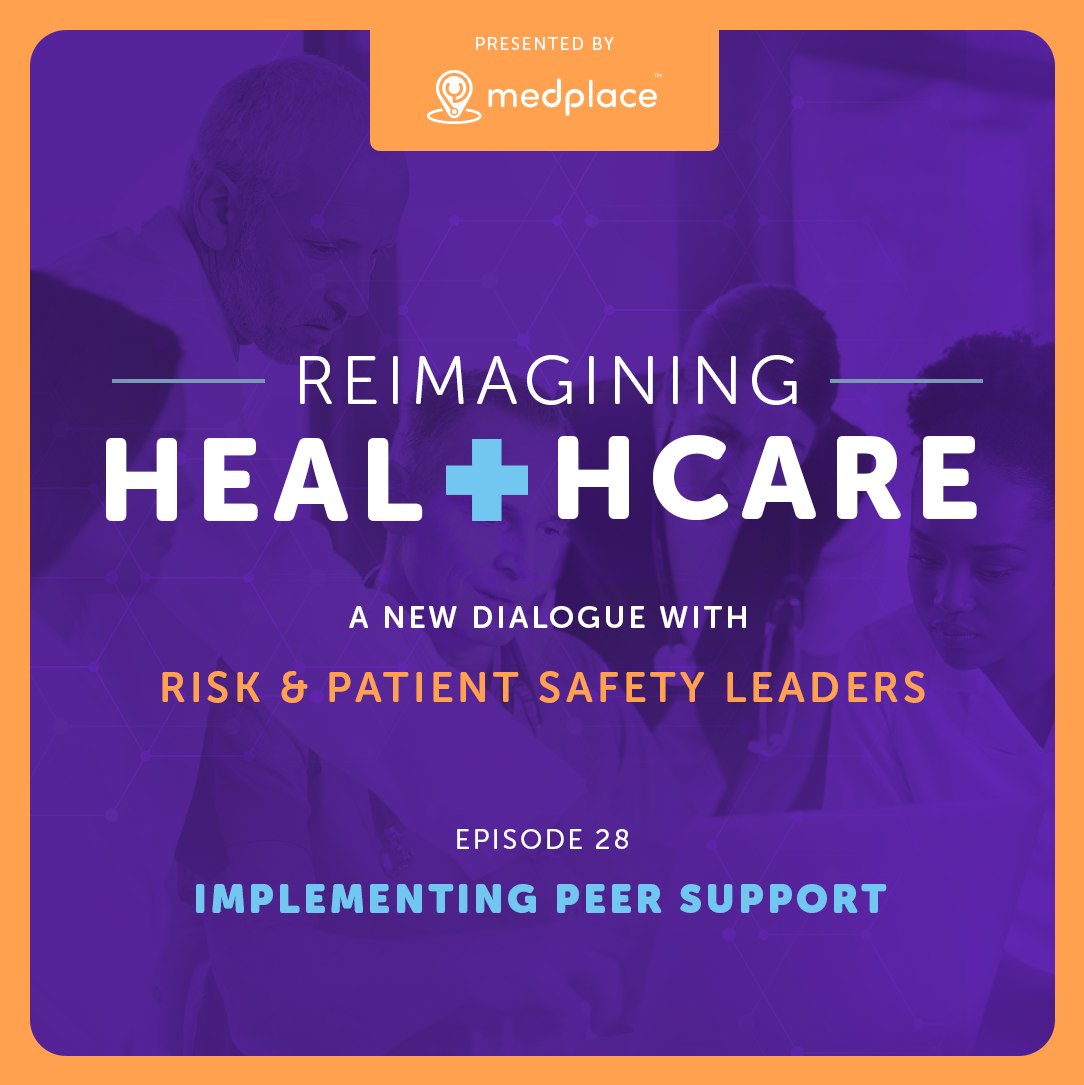Individual resilience works, but organizations need to do more to support their healthcare providers.
62.8% of physicians report feelings of burnout, and 1-in-5 say they are making plans to leave their current practice within 2 years, according to Healthcare IT. Other types of healthcare providers, like nurses, show similar signs of exhaustion. In her discussion with Medplace, Dr. Shapiro explains the need for peer support and other models of supporting providers, the shortcomings of existing programs, and stigma in healthcare that prevents providers from seeking help.
Dr. Shapiro outlines how to build a peer support program that providers feel safe and encouraged to use. She shares how data shows that proactive support, active listening and organizational backing can be an inexpensive yet effective way to protect providers from significant emotional fall-out following an adverse patient event.



